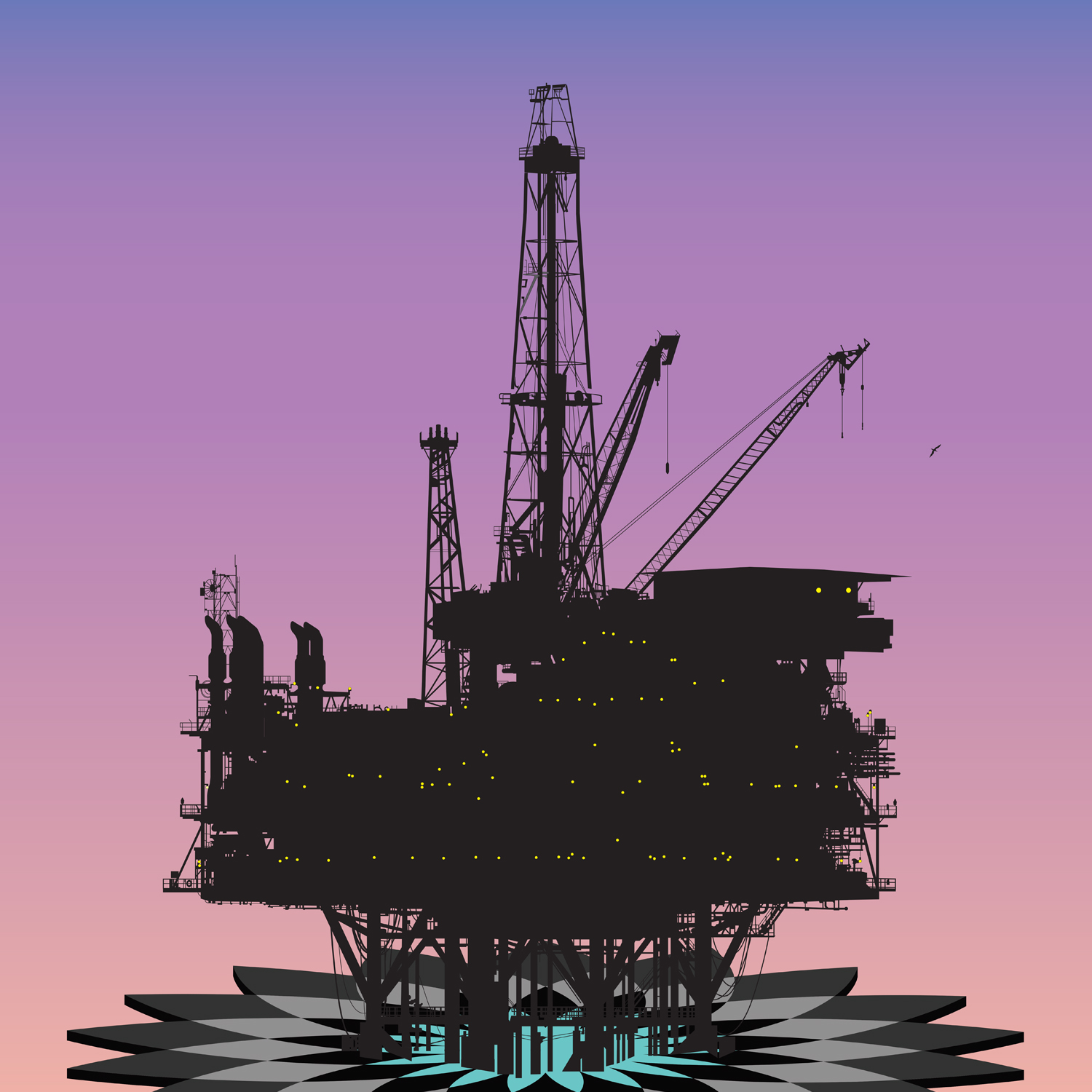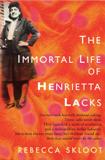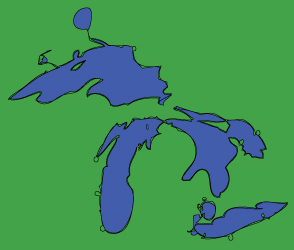
The April 20th BP Deepwater Horizon Macondo well blowout, explosion, fire and oil spill was the most significant economic, environmental and societal disaster of 2010, what were the causes? Continue reading “BP Oil Spill: The Cause & Prevention”

The April 20th BP Deepwater Horizon Macondo well blowout, explosion, fire and oil spill was the most significant economic, environmental and societal disaster of 2010, what were the causes? Continue reading “BP Oil Spill: The Cause & Prevention”

Over the past 15 years, the world has witnessed a technology boom that has brought the Internet into our houses and airwaves, Facebook to our daily routine and more computing power in the conventional toaster oven than what was required to get a man onto the moon. Continue reading “Cybr Scrty”

The next decade will be the decade of the WIMP, the best candidate for dark matter. Astronomers tell us dark matter exists, as well as how much there is. Cosmologists have a simple, elegant, compelling explanation for dark matter: a weakly interacting massive particle (WIMP) that was produced in the primordial soup. Continue reading “Chicago’s Dark Matter: WIMPs of the Underground”

The Chicago Council on Science and Technology & Children’s Memorial Research Center Present:
Lecture, Book signing and Dinner with
Best-Selling Author Rebecca Skloot
Featuring Special Guests, Veteran Journalist Bill Kurtis
and WLS TV’s John Garcia,
on November 16

While the effects of climate change will vary across different ecosystems and sectors, the Great Lakes region is expected to experience large changes in climate during the 21st century. Hear about the impacts of these changes on Great Lakes ecosystems and livelihoods and discuss what the region needs to do to adapt to those changes.